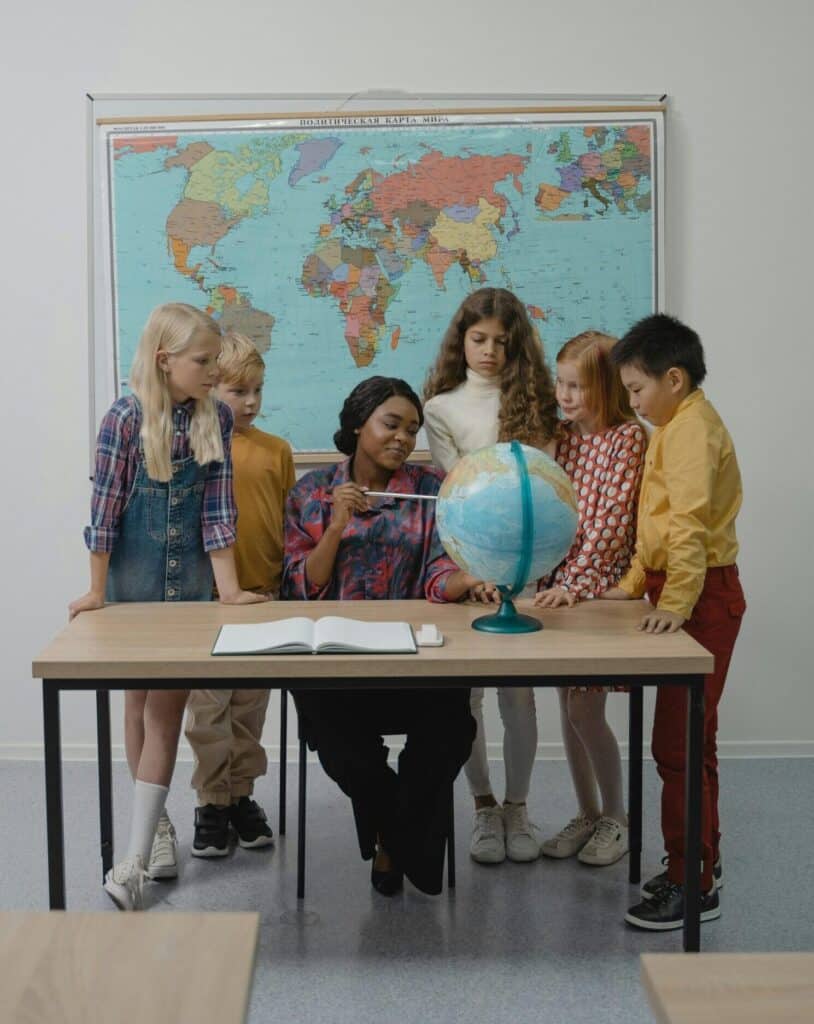Research-to-Practice Spotlight Series
With support from the CEEDAR Center, AACTE identified and documented two exemplary teacher preparation programs that ensure all of their candidates are ready to work with all students, including students with disabilities. We are pleased to feature a set of videos from each program documenting how they implement curriculum for dual certification (general education and special education) and feature extensive clinical preparation.
In addition to learning about these institutions’ common focus on clinical practice and mutually beneficial partnerships, viewers will discover the ways they have thoughtfully addressed the needs of their local context while upholding a high standard for teacher preparation. The spotlight series aims to not only celebrate successful programs but also provide models of exemplary practice for those who are in the nascent stages of partnership formation or who need fresh ideas to renew their current work.
Join Our Community



